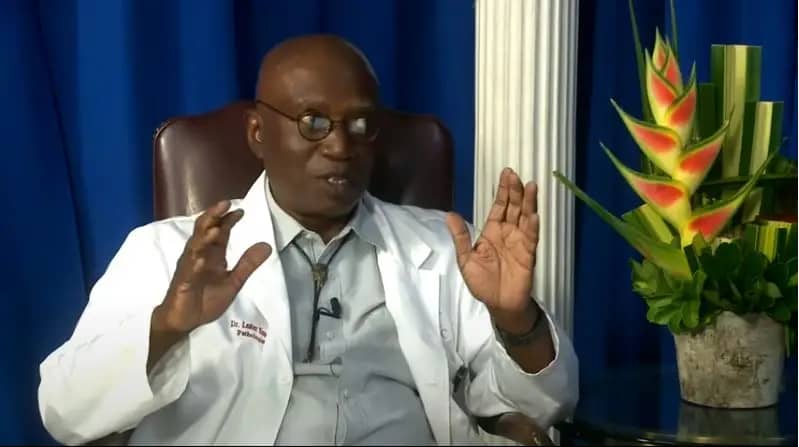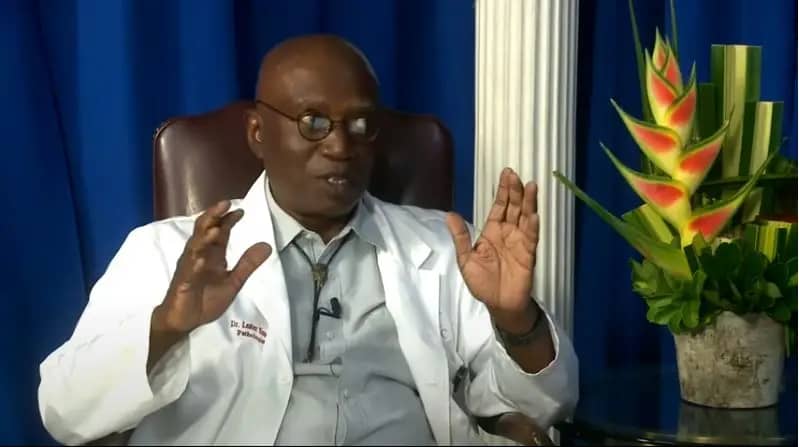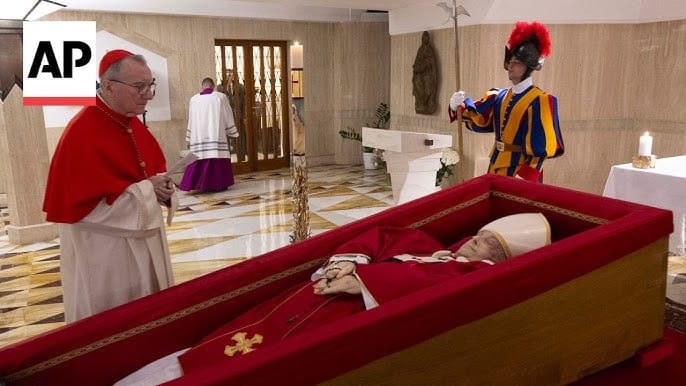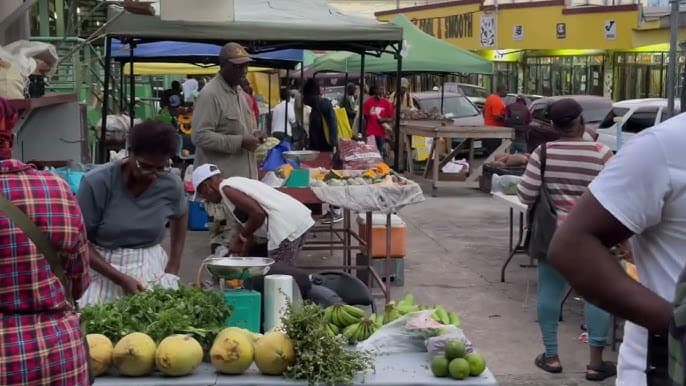Dr. Lester Simon: Undetermined Cause of Death Does Not End Coroner Investigations in Antigua and Barbuda
 26 April 2025
26 April 2025



By- DR. Lester Simon
1. The following is a second attempt to outline the Coroner Case procedure in Antigua and Barbuda, which is similar to what obtains elsewhere in other Commonwealth countries.
2. This attempt does not refer to any singular case current or past in the country. This attempt is to try to demystify the Coroner case process. Nothing more.
3. Kindly find below a reprint of a related article written in 2023 on Facebook. To add to the reprint below I will expand on point # 16 in the previous article, which refers to autopsy findings.
4. When the autopsy findings are not clear enough to allow the pathologist to write a definitive cause of death, “Undetermined” can be written on the death certificate.
5. It does not mean that the case is over and done with. Quite the contrary. It signals the continuation of a series of all types of investigations and tests on a large number of tissue samples harvested from the body, as well as those from elsewhere.
6. With nothing else to be gained from the physical body, the death certificate, with or without an undetermined cause of death, allows for the burial of the body.
7. When additional information becomes available, the undetermined cause of death will be amended to record and register the determined cause of death, allowing the beginning, the beginning, of the final closure of the case.
29 November 2023.
Death and the Maiden
1. Death is a medical as well as a legal construct.
2. Only a medical doctor can certify death and write a death certificate but only a magistrate can issue a warrant for burial.
3. All unnatural or unusual deaths fall under the ambit of the coroner. It is reasonably argued by some that every single death, including those that are not unnatural or not unusual, every single, solitary death, is a coroner case.
4. The coroner is a magistrate. All roads to and from the coroner are travelled via the police. All.
5. Coroner cases may or may not be subjected to autopsy. The autopsy decision is based
on the coroner, with due regard to official and unofficial information.
6. For the purpose of autopsy, several requirements must be met. These include a relevant clinical summary by the doctor who looked after the patient before death, or which doctor was responsible for the care of the patient.
7. This clinical summary must be given to the coroner via the police. It should not be given to anyone else. The doctor who provides the clinical summary should not give the said summary directly to the doctor doing the autopsy. It has to go from the clinical doctor to the police, from the police to the coroner, back to the police, and finally to the autopsy doctor.
8. The public’s right to know must be balanced always against the sanctify of and respect for the dead and the unquenchable grief of the family and friends of the dead.
9. Even if the grieving relatives and friends run and fly in the air to the media to air their sorrow and concerns, clamoring and pleading for information, the media must act responsibly so as not to inflame the public or to worsen the very grief the family is trying so hard to endure and expunge. Or both. It is a very fragile family moment. Death speaks to tell us who we are.
10. How then can anyone, family, media, or public, get information regarding coroner cases?
11. The coroner may decide to hold an inquest ( a preliminary inquiry) to determine the circumstances surrounding the death. Such an inquest may or may not be an open court; and jurors may or may not be summoned.
12. The media, the public, and the family should be apprised of how the coroner system works.
13. The police officer in charge of the coroner case and other police officers gather all the relevant information about the case by way of detailed investigation and documentation. This takes time. The family should be kept informed as time goes by.
14. The relatives are told that if an autopsy will be done, it will be done by the pathologist who reports to the coroner (via the police). It is also noted that the family has the prerogative to have their own independent pathologist or independent medical doctor present at the autopsy.
15. Before the autopsy, there may be a need for X-rays. During the autopsy, all sorts of samples can be taken, documented and stored for testing, with the appropriate chain of custody.
16. The autopsy findings are usually clear, with few exceptions, so the areas of contention or concern for the relatives are almost always related to matters outside the actual autopsy findings. Hence a knowledgable and experienced lawyer for the family of the dead is often a good, sensible, and natural recourse.
17. There are many things wrong in Antigua and Barbuda. Some would say too many. But in our honest attempt to fix the wrongs, we should not allow our fixation on personalities ( justifiable or not) to erode and eradicate the fundamental principles, good practices, and technical procedures that are required to achieve the very end we seek.
18. It’s called shooting ourselves in the collective head. Bang! We are all dead.
Advertise with the mоѕt vіѕіtеd nеwѕ ѕіtе іn Antigua!
We offer fully customizable and flexible digital marketing packages.
Contact us at [email protected]
Related News

Memorial Mass in Antigua for Late Pope Francis

Order for Vendors To Move Takes Effect Today

Global Capital Caribbean Proposes $1.2 Billion Eco-Resort and Agricultural Project in Antigua










